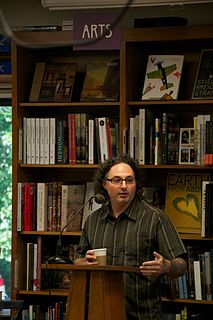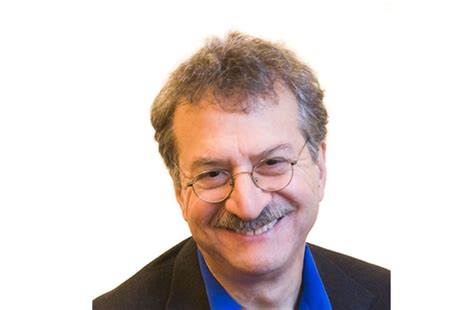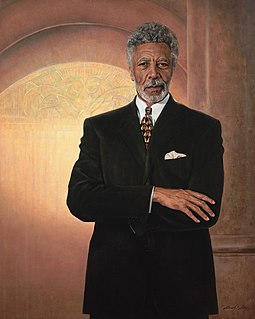A Quote by Friedrich Nietzsche
When we have to change our mind about a person, we hold the inconvenience he causes us very much against him.
Related Quotes
The trouble is that the whole 'accept Christ' attitude is likely to be wrong. It shows Christ applying to us rather than us to him. It makes him stand hat-in-hand awaiting our verdict on him, instead of our kneeling with troubled hearts awaiting his verdict on us. It may even permit us to accept Christ by an impulse of mind or emotions, painlessly, at no loss to our ego and no inconvenience to our usual way of life.
On to the Next Dream became about much more than me facing a challenging situation; it became about how all of us feel when we're thrust unexpectedly into change. It's about how we all hold onto personalized visions of our lives, our city, and our culture, and what we do when reality forces us to confront the impermanence of those visions.
It didn't really change my opinion about [Edward] Snowden all that much, but I definitely feel like as a culture, it gave us information that generated a responsibility to protect ourselves as much as we can and also a responsibility to hold our government accountable to honoring our constitutional rights.
By accepting a suspicion against the neighbor, by saying, 'What does it matter if I put in a word about my suspicion? What does it matter if I find out what my brother is saying or what a guest is doing?' the mind begins to forget about its own sins and to talk idly about his neighbor, speaking evil against him, despising him, and from this he falls into the very thing he condemns. Because we become careless about our own faults and do not lament our own death, we lose the power to correct ourselves and we are always at work on our neighbor.
So we are left with a stark choice: allow climate disruption to change everything about our world, or change pretty much everything about our economy to avoid that fate. But we need to be very clear: because of our decades of collective denial, no gradual, incremental options are now available to us.
That 'change makes us uncomfortable' is now one of the most widely promoted, widely accepted, and under-considered half-truths around. [I]t is not change by itself that makes us uncomfortable; it is not even change that involves taking on something very difficult. Rather, it is change that leaves us feeling defenseless before the dangers we 'know' to be present that causes us anxiety.
The God of the modern evangelical rarely astonishes anybody. He manages to stay pretty much with the constitution. Never break our by-laws. He's a very well-behaved God and very denominational and very much like one of us...we ask Him to help us when we're in trouble and look to Him to watch over us when we're asleep. The God of the modern evangelical isn't a God I could have much respect for.
Nothing can tend so much to humble us before the mercy and justice of God as the consideration of His benefits and our own sins. Let us, then, consider what He has done for us, and what we have done against Him; let us call to mind our sins in detail, and His gracious benefits in like manner, remembering that whatever there is of good in us is not ours, but His, and then we need not be afraid of vainglory or of taking complacency in ourselves.
The Buddha taught that suffering is the extra pain in the mind that happens when we feel an anguished imperative to have things be different from how they are. We see it most clearly when our personal situation is painful and we want very much for it to change. It's the wanting very much that hurts so badly, the feeling of "I need this desperately," that paralyzes the mind. The "I" who wants so much feels isolated. Alone.
In a very real way, the poor are our teachers. They show us that people’s value is not measured by their possessions or how much money they have in the bank. A poor person, a person lacking material possessions, always maintains his or her dignity. The poor can teach us much about humility and trust in God.








































